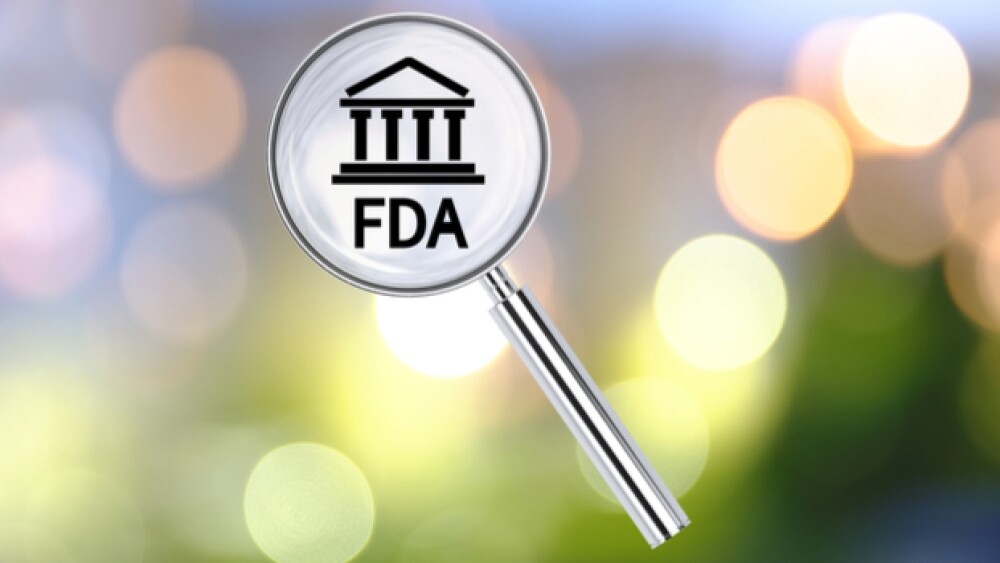The U.S. Food and Drug Administration (FDA) approved South Korea’s Samsung Bioepis’ Ontruzant (trastuzumab-dttb), a biosimilar to Genentech’s Herceptin (trastuzumab).
The U.S. Food and Drug Administration (FDA) approved South Korea’s Samsung Bioepis’ Ontruzant (trastuzumab-dttb), a biosimilar to Genentech’s Herceptin (trastuzumab). Samsung Bioepis is a joint venture between Samsung Biologics and Biogen.
The biosimilar, which is a generic version of a biological drug, was approved across all eligible indications. That includes adjuvant treatment of HER2-overexpressing breast cancer, metastatic breast cancer and metastatic gastric cancer or gastroesophageal junction adenocarcinoma in patients who have not received previous treatment.
Ontruzant will be marketed in the U.S. by Merck & Company. The biosimilar was approved by the European Commission (EC) in November 2017.
The FDA approved Celltrion and Teva Pharmaceutical’s Herzuma, a biosimilar to Herceptin, on December 15, 2018. That approval came after the FDA had issued a Complete Response Letter (CRL) for the biosimilar in April 2018, citing 12 problems in the company’s manufacturing process.
Unlike Ontruzant, Herzuma was not approved for all Herceptin indications. Herzuma was not approved for HER2-positive gastric cancer. Herzuma was the second biosimilar to trastuzumab approved by the FDA. The first was Mylan and Biocon’s Ogivri, approved in December 2017, but which has not yet launched in the U.S.
Ontruzant is Samsung Bioepis’ first cancer biosimilar approved by the FDA.
“For many cancer patients in the U.S., battling cancer has not only been a health issue, but a considerable financial burden brought on by cancer treatment,” stated Sang-Jin Pak, Samsung Bioepis’ senior vice president and Head of Commercial Division. “Biosimilars are intended to be lower cost, high-quality treatment options that have the potential to alleviate such burden. We sincerely hope our trastuzumab biosimilar will do exactly that. At Samsung Bioepis, we will continue to demonstrate our enduring commitment to biosimilars by further strengthening our pipeline and widening the availability of approved treatments for cancer patients across the U.S.”
In 2017, Herceptin brought in $7.01 billion.
Biosimilars are essentially generic versions of biologic drugs. However, unlike traditional generics, they are not direct copycats, but similar. As such, biosimilars require regulatory approval processes much like those of the drugs they are based on, which are called reference products. There is no clinically meaningful difference between a biosimilar and its reference product.
Biosimilars have become something of a contentious issue in the U.S. Biosimilars are much more common in Europe, but have had difficulties gaining traction in the U.S., largely because of business and marketing tactics drug companies are using to keep the drugs off the market.
FDA Commissioner Scott Gottlieb indicated that although biologics account for 40 percent of total spending on prescription drugs, less than two percent of Americans use them. Biologics also represent 70 percent of the growth in drug spending from 2010 to 2015.
Last year, Gottlieb noted that competition for biosimilars was “anemic because consolidation across the supply chain has made it more attractive for manufacturers, Pharmacy Benefit Managers, Group Purchasing Organizations and distributors to split monopoly profits through lucrative volume-based rebates on reference biologics—or on bundles of biologics and other products—rather than embrace biosimilar competition and lower prices.”
There has also appeared to be some pullback from the biosimilars market by some of the big companies, although it’s hard to say yet whether it’s a trend or a blip. For example, Sandoz, the generic drug division of Novartis, halted its submission for biosimilar rituximab after the FDA requested more data. Although the company hasn’t been very specific about why, it is likely because of the Celtrion-Teva rituximab biosimilar approval, and a decision that there was already more competition than their development warranted.





